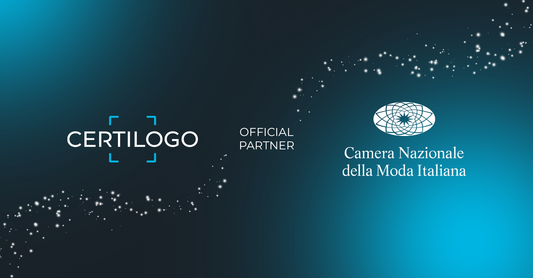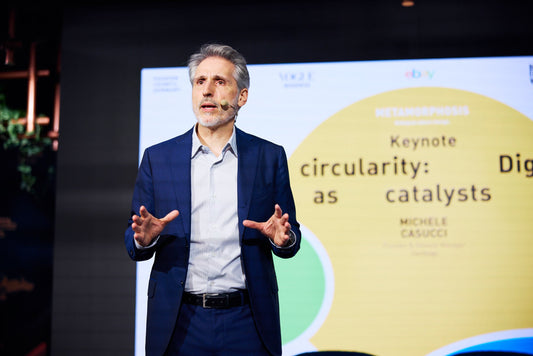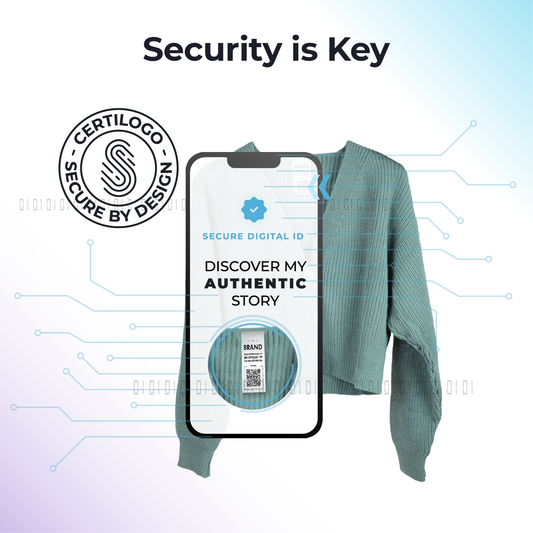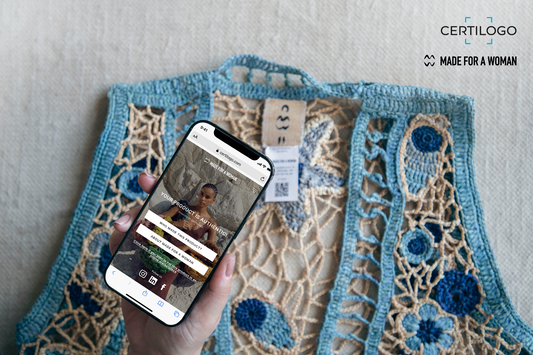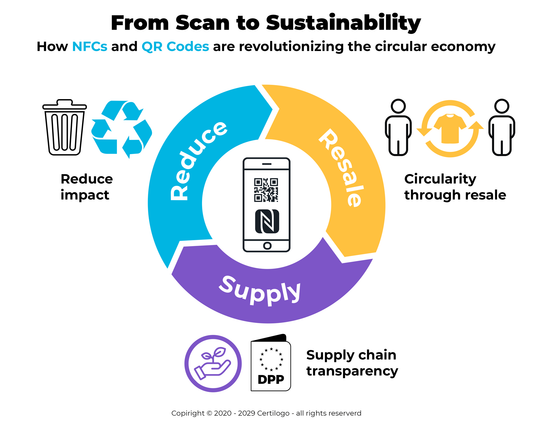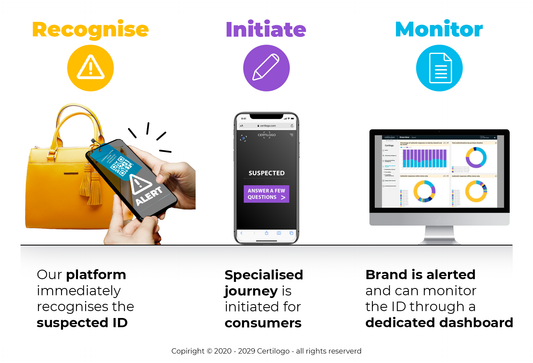Certilogo and Camera Nazionale della Moda Italiana: an official partnership for a more transparent and sustainable future of the fashion ecosystem.
Michele Casucci presents keynote on Digital Product Passports at Berlin Fashion Week discussion series
Certilogo Shines on Class TV Moda's "Green Revolution"
3 things brands need to know about Digital Product Passports
Certilogo hosts exclusive workshop in partnership with Camera della Moda
Ready to activate resale?
Certilogo champions responsible fashion with Made For A Woman brand partnership
From scan to sustainability
Lessons from the Chanel trial: time to up your anti-counterfeiting game
Certilogo and Camera Nazionale della Moda Italiana announce the renewal of their official partnership


